The Rise of Crossovers vs. Traditional Station Wagons: Pros and Cons
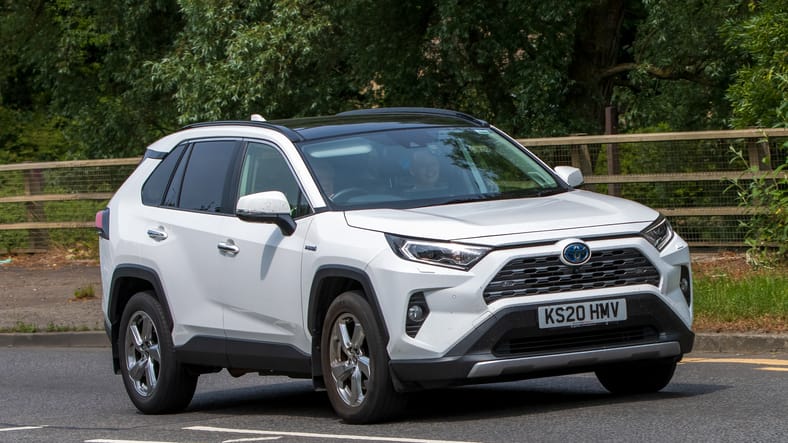
Once the undisputed kings of the family car segment, station wagons have seen their market share steadily decline in recent years. In their place, a new breed of vehicle has ascended the throne: the crossover SUV. But what exactly are the factors behind this shift, and how do these two car types stack up against each other? Let's delve into the world of crossovers and wagons, exploring their pros and cons with specific car examples to help you decide which might be the better fit for you.
The Allure of the Crossover
Crossovers have become a ubiquitous presence on roads worldwide. Their rise can be attributed to several key factors:
- Rugged Appeal: Crossovers borrow design elements from SUVs, offering a higher ride height and a more muscular stance. This translates to a sense of adventure and capability, even if most crossovers rarely venture off-road.
- Versatility: Crossovers come in various sizes, from compact models like the Subaru Crosstrek to mid-size options like the Toyota RAV4 and large choices like the Ford Explorer. This variety caters to a wide range of needs, whether you're a young couple or a growing family.
- Driving Dynamics: While not quite as sporty as sedans, many crossovers offer a comfortable and capable driving experience. They handle well and provide a good view of the road, making them suitable for everyday driving.
- Safety Perception: The higher seating position in a crossover can give drivers a sense of security and better visibility. Many crossovers also come equipped with advanced safety features, further bolstering their appeal.
Car Examples:
- Subaru Crosstrek: A subcompact crossover known for its all-wheel drive capability and fuel efficiency.
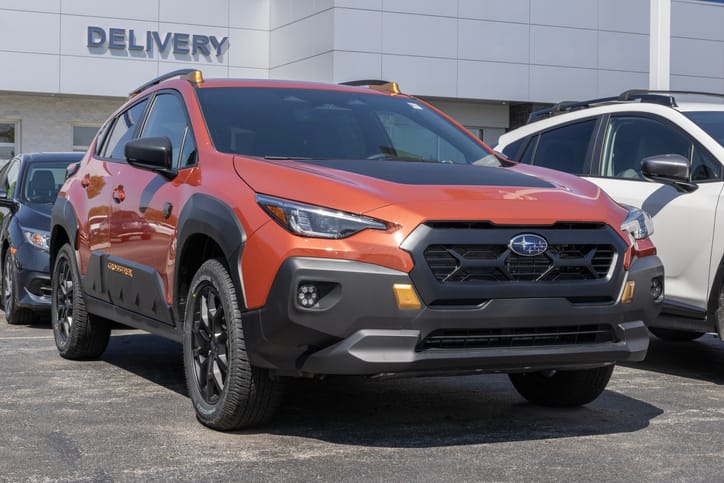
- Toyota RAV4: A popular mid-size crossover offering a good balance of space, comfort, and features.
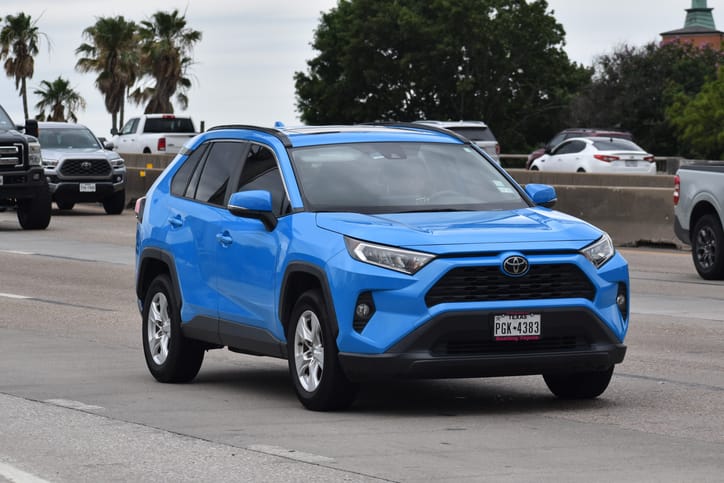
- Ford Explorer: A large crossover with three rows of seating, ideal for big families who need plenty of cargo space.
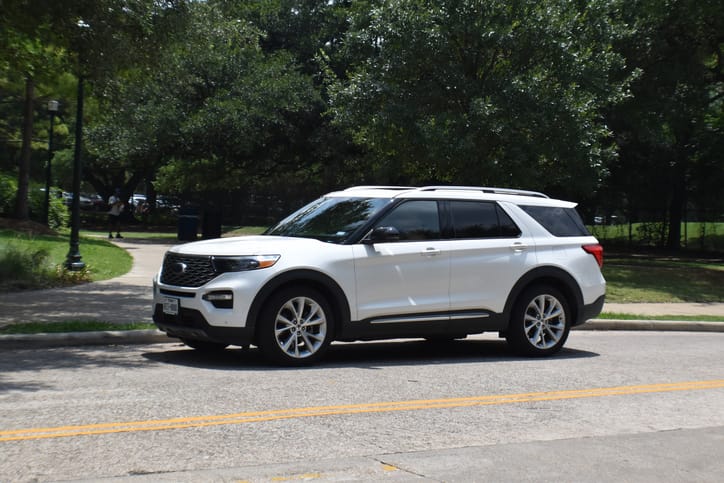
The Wagon's Enduring Appeal
Despite the crossover's dominance, station wagons continue to offer some distinct advantages:
- Drivability: Wagons are typically built on car platforms, resulting in a more car-like driving experience. They handle better, corner sharper, and offer a smoother ride than most crossovers.
- Fuel Efficiency: Due to their lighter weight and sleeker design, wagons tend to be more fuel-efficient than their crossover counterparts. This can translate to significant savings at the pump, especially for frequent drivers.
- Lower Cargo Floor: Wagons typically have a lower cargo floor compared to crossovers. This makes loading and unloading groceries, luggage, or gear much easier, especially for people with physical limitations.
- Sleek Styling: For many drivers, the timeless elegance and practicality of a well-designed wagon hold a certain appeal.
Car Examples:
- Subaru Outback: A wagon known for its all-wheel drive capability and spacious cargo area.
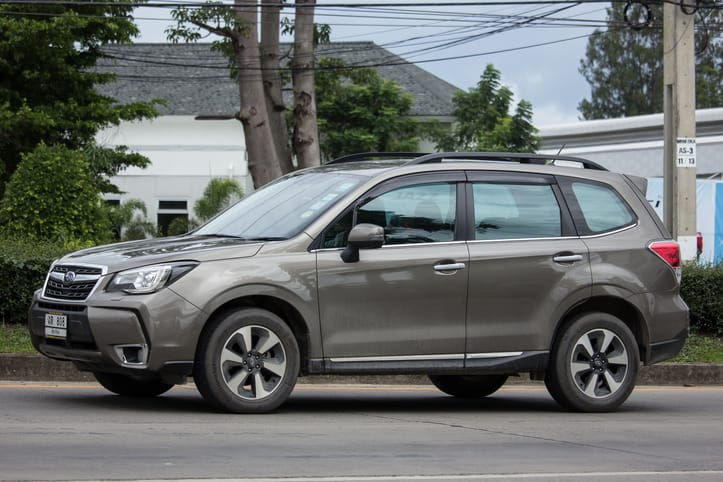
- Volvo V60: A luxurious and stylish wagon offering a blend of performance, comfort, and safety.
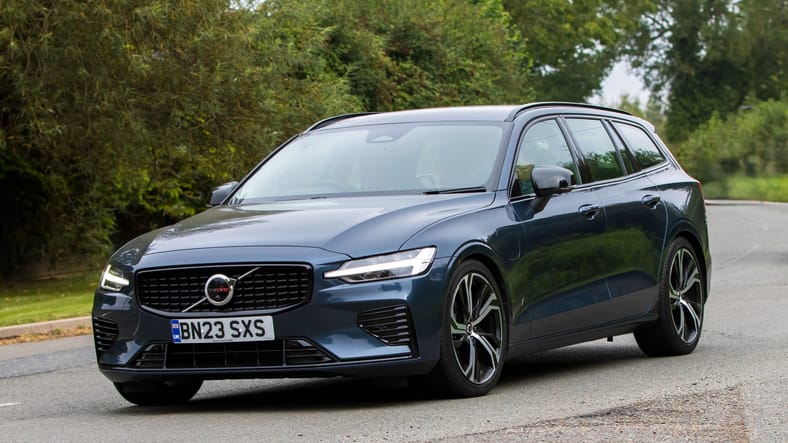
- Audi A4 Allroad: A premium wagon that combines practicality with sporty handling and a sophisticated design.
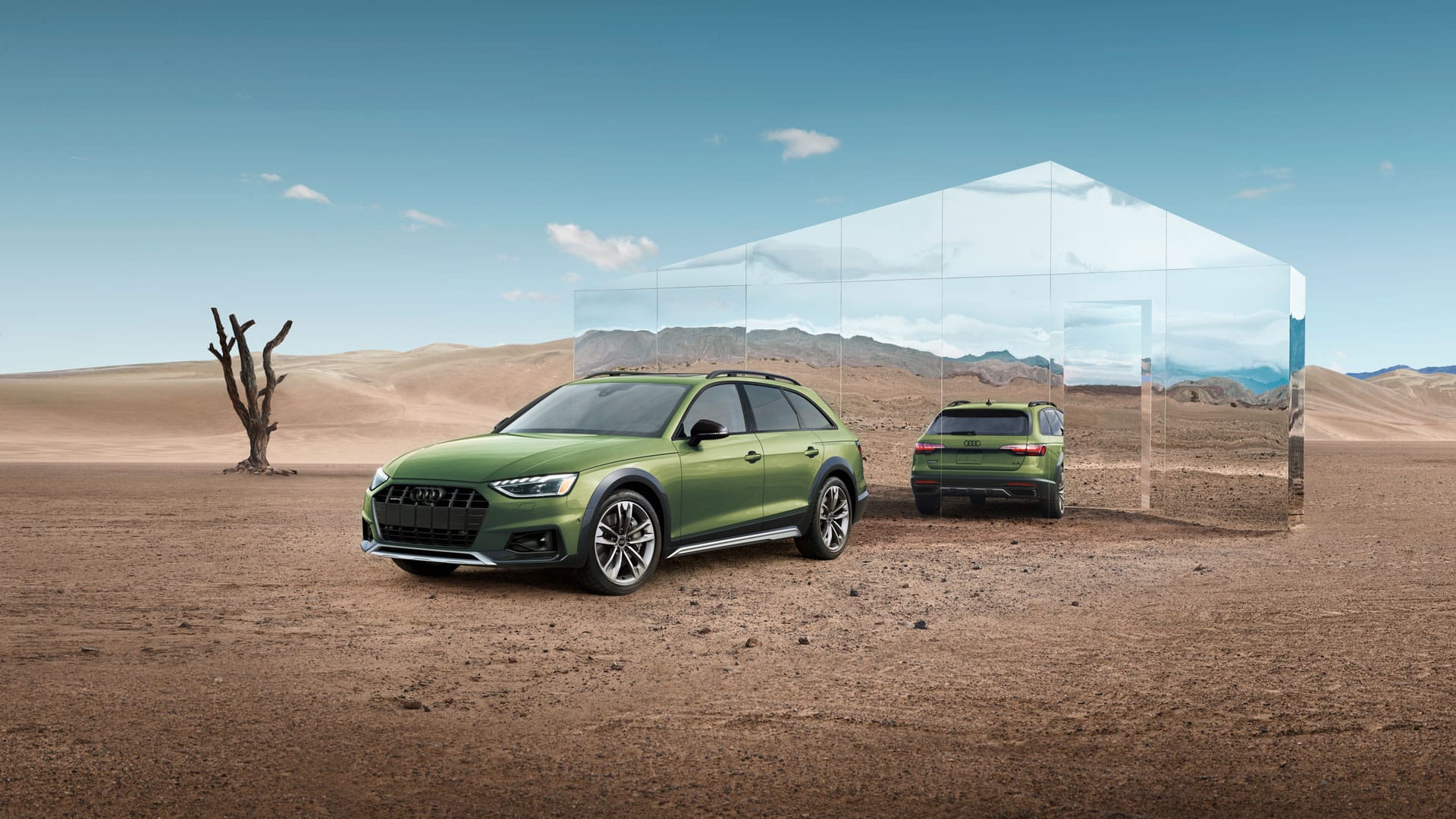
Making the Choice: Crossovers vs. Wagons
Ultimately, the choice between a crossover and a wagon depends on your individual needs and priorities. Here's a breakdown to help you decide:
Choose a Crossover If:
- You prioritize a higher seating position and commanding view of the road.
- You value the versatility of having a vehicle that can handle occasional off-road adventures.
- You need a spacious interior to accommodate a growing family or large cargo needs.
Choose a Wagon If:
- You prioritize a car-like driving experience with better handling and fuel efficiency.
- You appreciate the ease of loading and unloading cargo with a lower cargo floor.
- You prefer a more stylish and practical design over the rugged look of a crossover.
The Future of the Wagon
While the crossover market continues to boom, station wagons are not going extinct just yet. Manufacturers like Subaru and Volvo are keeping the wagon flame alive with compelling offerings. Additionally, the rise of electric vehicles might see a resurgence in wagon popularity. Electric car platforms are often designed with lower floor spaces, making them well-suited for the wagon format.
In conclusion, both crossovers and station wagons offer unique advantages and disadvantages. By understanding their strengths and weaknesses, you can make an informed decision that best suits your lifestyle and driving needs. So, whether you're drawn to the rugged appeal of a crossover or the timeless practicality of a wagon, there's a perfect car out there waiting to take you on your next adventure.
